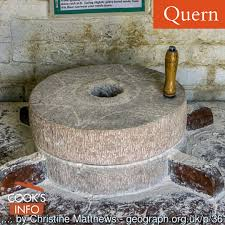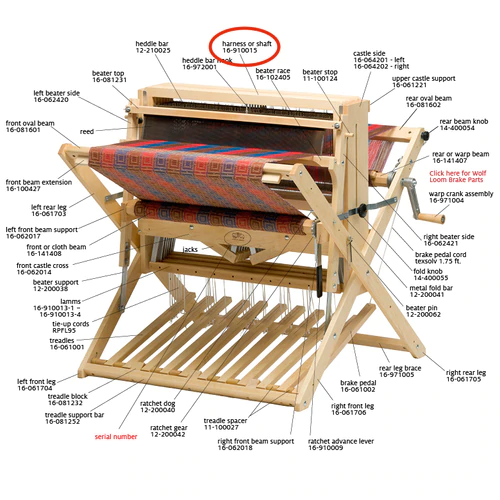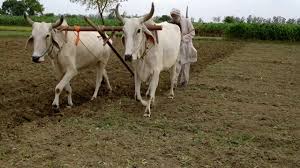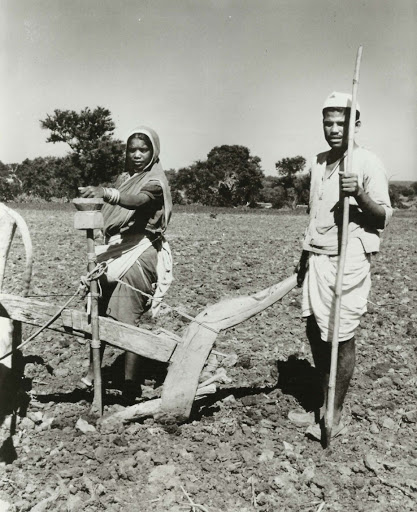This is a poem by Sharif Saheb the Kannada Poet and philosopher, and reformer in the Indian Sufi tradition. He was born in 1819 in a hamlet named Shisuvinahala in Karnataka.
This poem, titled “Could the chicken gobble up a monkey?” is a beautiful study in use of the absurd metaphor to explore requisite characteristics to righteous path in a person’s life.
The story of Sharif Saheb has been narrated in Kannada cinema. His songs have been popular in the northern districts of Karnataka for sime time. Cassette tapes of the songs were marketed available in Karnataka of the 1970s and 80s. I remember my parents playing this song often on the little tape deck we had, though I did not pay heed to the intended message. Such is the folly of childhood.
Links:
Other Explanations
- Quora Link
- YouTube Link (long)
Relevant Synonyms
Swallow: devour, gobble, consume, put away, sup, ruminate, dispatch, finish, polish off devour, eat (up).
Consume: Absorb, assimilate, engross, obsess preoccupy engross dominate
Author Remarks
The author feels that the poem has not been correctly interpreted or understood due to the following:
- Import of colloquial language seems to be lost in the translations.
- There seems to be little regard to the structure of this beautifully constructed piece.
These have taken away from the elegance of the composition, and hinder proper appreciation of the poem.
Also, attempts at explaining the poem seem to be overly enthusiatic in their search for the metaphysical meanings. This has taken away from the humble, everyday learning that the poem embodies for the rural, agrarian audience for which it was written.
Colloquial Language Usage
The use of the prefix “tta” for verbs is commonly used in two distinct ways.
- The first one is to make an assertion.
- Ball 500 m duur hogitta. (The ball travelled 500 meters)
- The second, is for expressing incredulity. The sentence construction is similar, but the narrator asks for a witness.
- Ball 500 m duur hogitta? Nodri.. (The ball travelled 500 meters? Look at this claim)
Structure
In the poem above, wherever the Poet (Sharifa) is invoking his sister, the statement being made is incredulous. The audience is being invited to view with disbelief the absurd sentence in front of them.
Where the statement is not being positioned as incredulous, the poet is alerting us with a slightly different sentence construction.
Only in the concluding stanza does the poet invoke his sister to witness in a message he is trying to convey sincerely.
Sharifa has used the everyday verb (nuung) in multiple nuanced ways, and simply equating every occurrence of this word to “gobbling” in injustice indeed to the simple straightforward message in the poem.
Author’s Translation
"Kodagana koli nungittha
Nodavva tangi
Kodaganna koli nungitha.."
Can a chicken gobble up a monkey? Look my baby sister. Can a chicken gobble up a monkey
Intro stanza.
"Aadu aaneya nungi
Gode sunnaava nungi
Aadalu banda paataradavala maddali nungittha tangi."
First, the goat consumed the elephant. Then, the wall devoured its paint. This actress who's come to play a role on stage.. Would she ever become obsessed by the rhythm of the beating drum? Baby sister..
First, pride (elephant) is overcome by humility(goat).
Then, inner beauty(wall), dominates external adornments (its paint)
Would such a person’s mind (actress playing a role), be swayed by the rhythm of life here on earth (beating drum)
"Vollu vanakeya nungi
Kallu gootava nungi
Mellalu banda mudukiyanne nellu nungittha tangi"
The pounding mortar accepted ceaseless blows from the pestle The quern fully accepted grinding driven by the peg fixed to it. Now, does the cracked wheat gruel hold any preoccupation from the hungry old woman? Baby Sister..
If you fully accept the blows of fortune(pestle) in life, and do the same with harsh treatment(driving of the grindstone) meted out by those near you.
The worldly rewards (cracked wheat gruel) will hold no sway over your heart
"Hagga Maggavi nungi
Maggava Lalli nungi
Maggavadalli iruvu annana Puniyu nungitta tangi"
Threads have swallowed up the loom While the loom eats up the shuttle Do you think the weaver though is consumed by the treadle? Baby sister? Do you think he is?
This colorful shimmering world (thread) has covered up reality (loom). And this coverup goes deeper and deeper (shuttle gobbled up in the loom)
But with laboring with mindful alertness (weaver), you will not be consumed by it
"Yetthu jatthagi nungi
Battha baanava nungi
Mukkuta tiruvo anna nanna meli nungittha tangi"
First the oxen consume their binding to the yoke. Next, the seeds absorb the sowing bowl of the plough. Do you think the peasant planting the field.. is He obsessed by the furrows he leaves behind the plough? Baby sister? Do you?
If you accept the hard work (yoke) as your lot in life with equanimity, and accept the occasional misfortune (being planted instead of eaten)
You will not be obsessing about the rewards of your work all the time.
"Gudda gaviyannu nungi
Gaviyu iruveya nungi
Govinda guruvina paadave nanne nungittha tangi. Kodaganna koli nuungitta tangi"
The mountain has gobbled up the cavern. The cavern has swallowed up some ants. The feet of my spiritual teacher and guide (Govinda) have fully consumed me. Baby Sister. Can a chicken gobble up a monkey?
The mountain is a metaphor for our body. The cavern, our mind
Ants are the few miniscule granules of enlightenment in the soul. The grace of my teacher Govinda’s feet has completely consumed me.
Can the chicken gobble up the monkey whole. Baby Sister?







Olleya kelasa.
Tumba uttama.
LikeLike